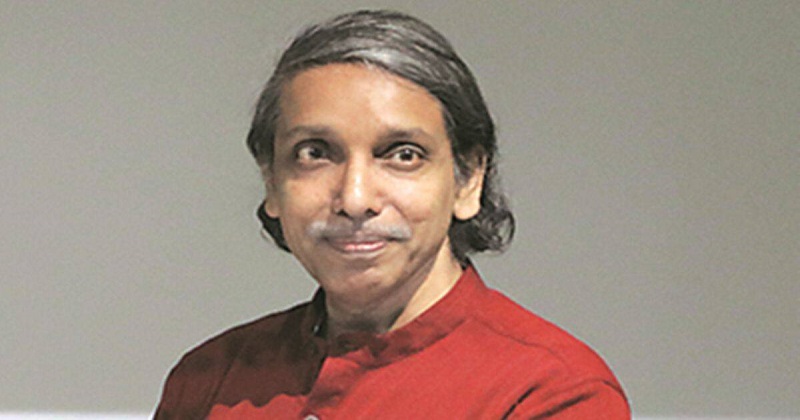
Vice-Chancellor M Jagadesh Kumar of Jawaharlal Nehru University (JNU) stated on Wednesday that there is a ‘needless controversy’ about a new counter-terrorism course to be offered to engineering students ‘without delving into the academic quality.’ According to him, the course is ‘holistic’ and would provide students with ‘a broad-based understanding’ of the subject.
According to reports, the course titled ‘Counter-Terrorism, Asymmetric Conflicts and Strategies for Cooperation Among Major Powers’ was approved by the Academic Council on August 17 without discussion. The course claims that ‘Jihadi terrorism’ is the sole type of ‘fundamentalist-religious terrorism’ and that the ‘predominant state-sponsors of terrorism’ that inspired ‘radical Islamic states’ were the former Soviet Union and China.
‘During the past few days, there was a needless controversy… without going into the academic merits of the course. The objective of the course, Counter-Terrorism, Asymmetric Conflicts and Strategies for Cooperation among Major Powers, is mainly to have an in-depth understanding of the challenges emanating from terrorism to India’s national security and how India can get equipped with adequate responses in case of any eventuality,’ he said.
‘The way things have unfolded in India’s neighbourhood is proving highly detrimental to India’s national security. It is imperative that an academic institution like JNU takes the lead and builds a good set of counter-terrorism specialists. India urgently needs a critical mass of such specialists in this field,’ he further stated.
The curriculum, according to Kumar, was created ‘while keeping in mind terrorist actions on a worldwide scale and India’s experiences in dealing with them.
Also Read: Gautam Navlakha to get medical checkup for lump in chest: Maha Govt
‘There is a need to further evolve India’s perspective in a balanced and objective manner. This course has the potential to build a strong narrative for India. An in-depth understanding of various global and regional terrorist networks is a part of the curriculum of this course. How India has witnessed the rise of religious fundamentalism and radicalisation through perverse ideologies in its neighbourhood is an area where lot of knowledge is needed to deal with emerging situations,’ Kumar added.
Kumar went on to say that students at Indian educational institutions ‘need to be made aware of these difficulties and encouraged to develop successful methods.’
‘The curriculum is holistic and also contains sections on the role of intelligence information and counter-terrorism cooperation among major powers. There is a section on best practices of counter-terrorism and the major global and regional efforts in counter-terrorism. Science and Technology to counter-terrorism will also be taught to students. This course will give a broad-based knowledge to engineering students,’ he said.

Post Your Comments